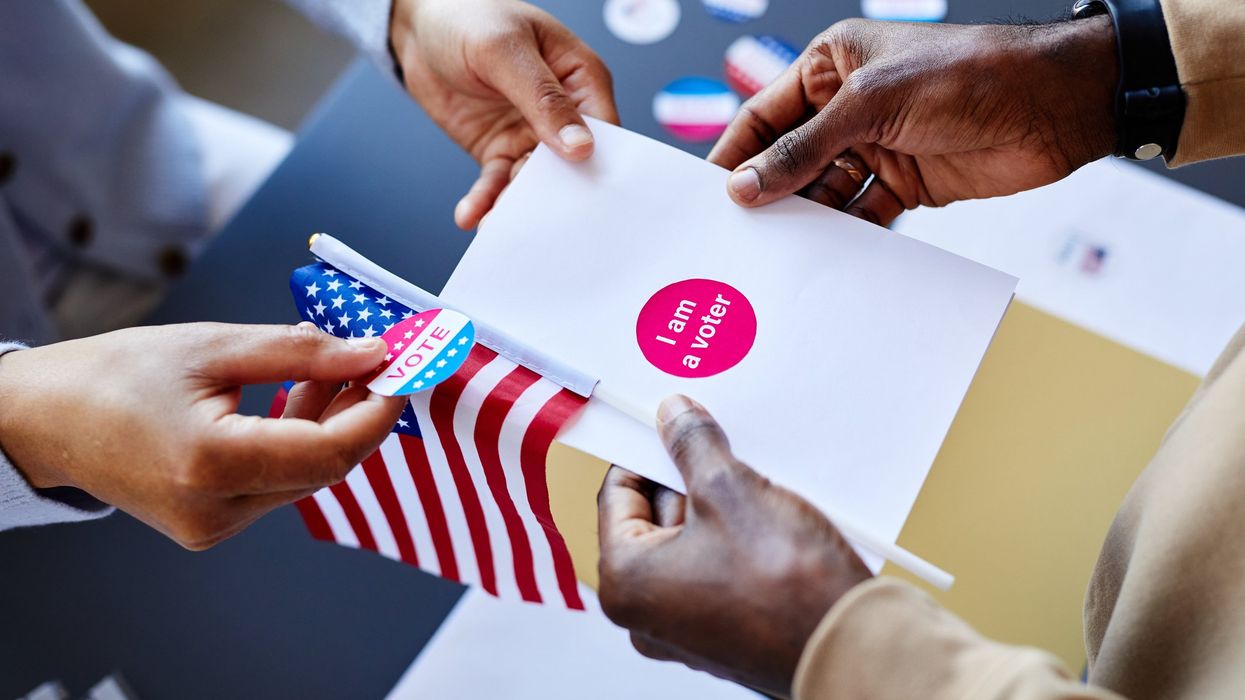On April 8, 2025, New Mexico Gov. Michelle Lujan Grisham signed SB 16 into law, a historic bipartisan reform that gives more than 330,000 independent voters—who make up nearly 25% of New Mexico’s electorate—the right to vote in the state’s primary elections, starting in 2026. This continues an overall nationwide trend of states opening their primary elections to more voters.
“New Mexico’s open primaries law will ensure that every eligible voter has a say in every taxpayer-funded election, not just those who choose to affiliate with a party,” said Nick Troiano, Executive Director of Unite America. “For too long, a quarter of New Mexicans have been locked out of their state’s primary elections—which in most cases are the only elections that matter. Ending closed primaries is an important step toward increasing participation and representation in our democracy.”
SB 16 passed with bipartisan support in both chambers, and supporters noted that the law would improve participation in New Mexico’s elections.
“Democracy only works if we all play a part. When I took office, I wasn’t just elected to represent Republicans but all of my constituents. That includes my constituents in our state’s fastest growing party—independents,” said New Mexico State Sen. Crystal Brantley (R). “Senate Bill 16 gives everyone a voice and removes barriers for those who want to see the best candidate come forward from each party, not just the one that tacks hardest left or right to win the primary.”
“Opening primary elections by allowing voters registered as independent or unaffiliated to participate in taxpayer-funded elections improves voting fairness and, in turn, democracy,” added New Mexico State Sen. Majority Leader Peter Wirth (D). “I’m glad to have sponsored the bill bringing this change to New Mexico. And as evidenced by the votes on the Senate floor, it’s an update that both major parties can get behind.”
New Mexico Voters First and New Mexico Open Elections led the multi-year campaign to open the state’s primaries, spearheading a coalition that included NM Native Vote, Common Cause New Mexico, Conservation Voters New Mexico, University of New Mexico College Democrats, and the Veterans and Military Families Caucus.
“We have dedicated significant time and effort to building a strong coalition, engaging legislators, and mobilizing independent voters across New Mexico,” said New Mexico Voters First Executive Director Sila Avcil. “This progress would not have been possible without the unwavering support of our advocates. New Mexico deserves fair and representative elections, and I am honored to be part of this movement to pass SB 16.”
Because most general elections nationwide are uncompetitive for federal and state races, primary contests effectively determine winners before a single vote is cast. This is the Primary Problem in politics today, where a tiny share of the electorate determines most election outcomes in low-turnout party primaries.
In 2024, 83% of New Mexico’s state house races were effectively decided in closed primaries where independents couldn’t vote. Votes cast in those 83% of general elections were meaningless because they had no bearing on the outcome. In fact, only 14% of New Mexicans cast meaningful votes last year. (A meaningful vote is a vote cast in a competitive election that actually determines the outcomes. Full methodology here.)
New Mexico’s SB 16 continues a nationwide trend of states opening their primaries. Over the past decade, Colorado and Maine have opened their primaries to independents, while Alaska voters went a step further by adopting open, all-candidate primaries. The number of states with closed primaries, where independents can’t fully participate, is now down to 16.



















